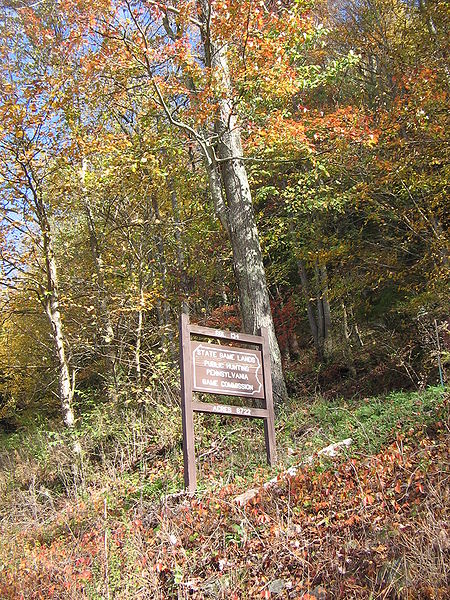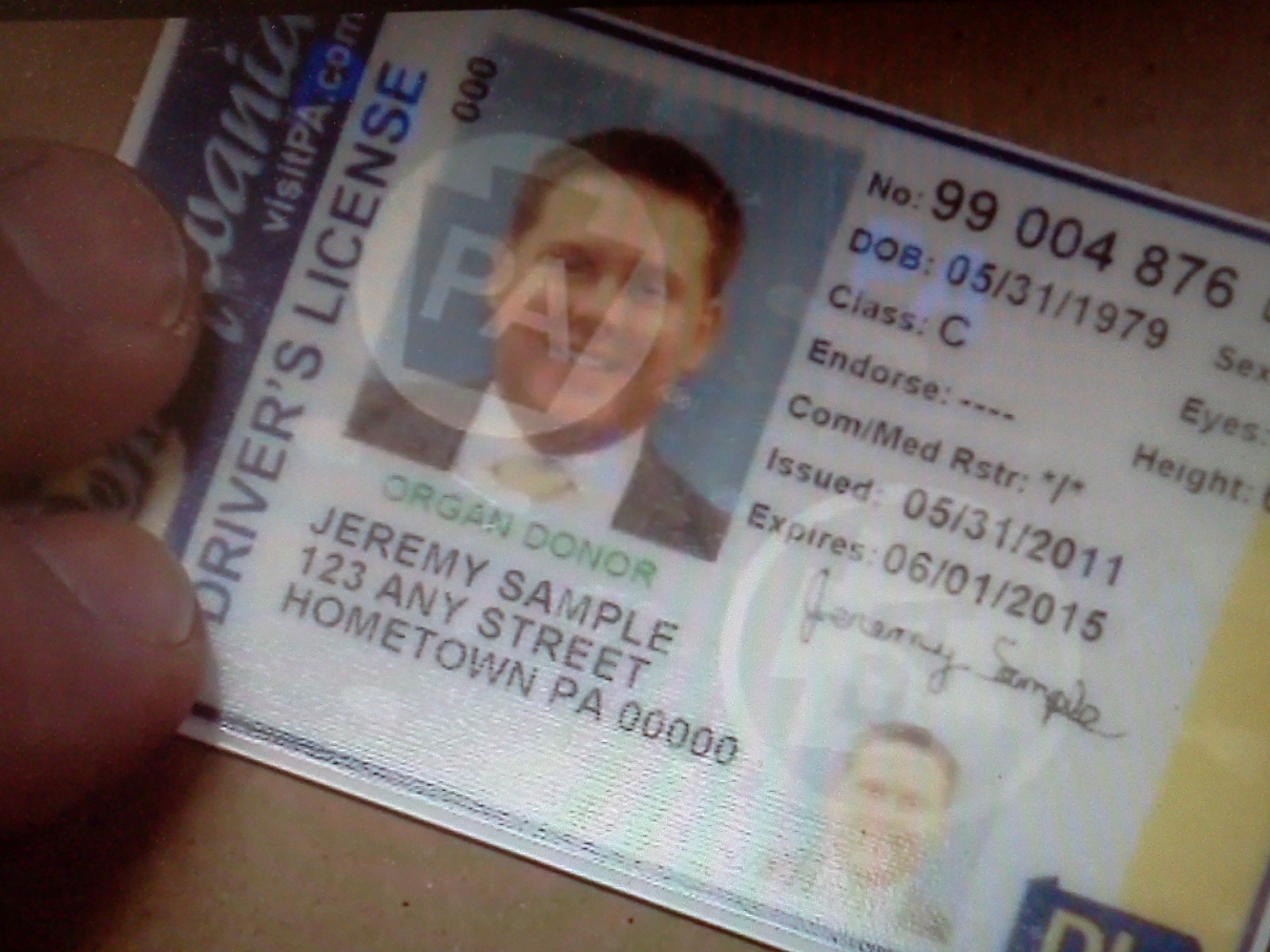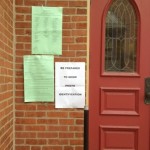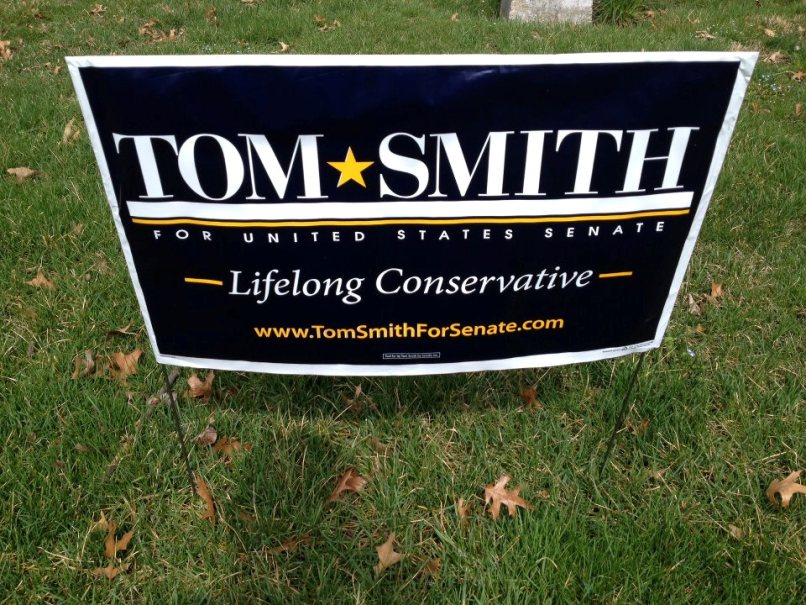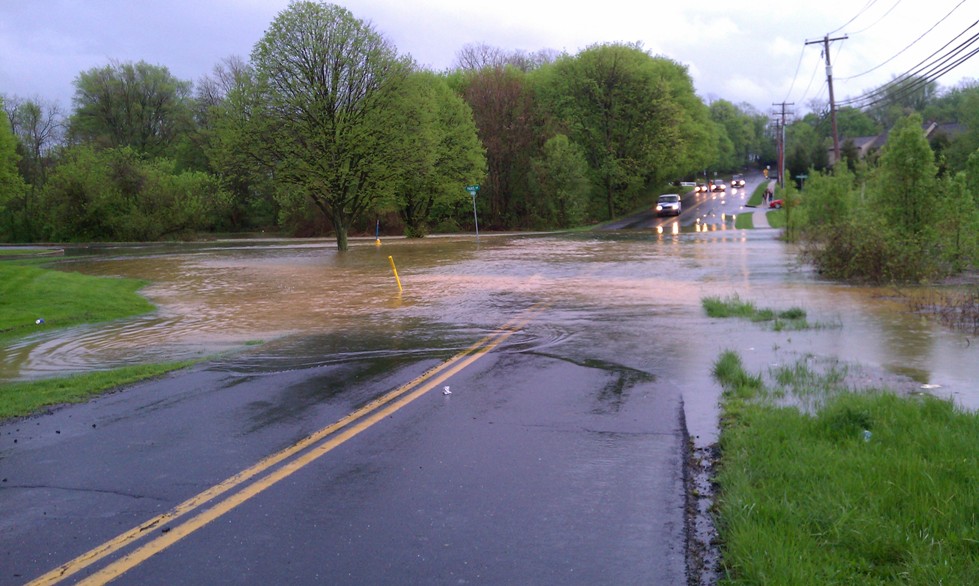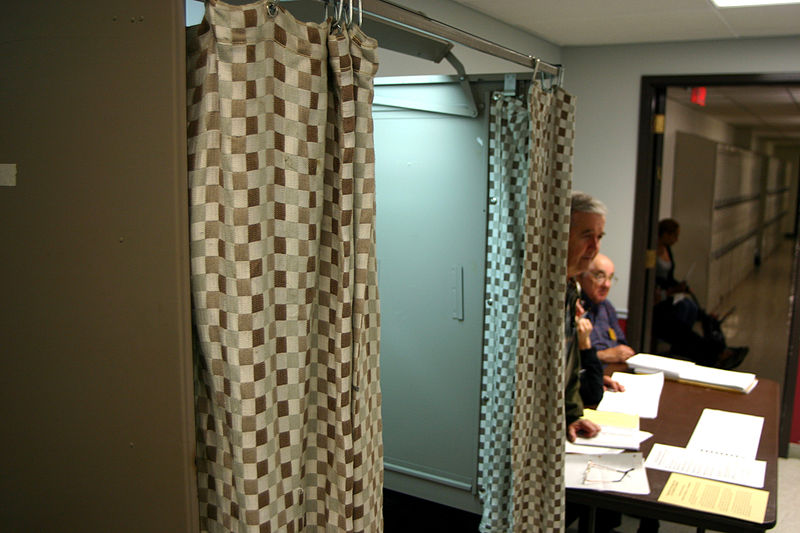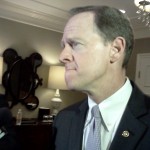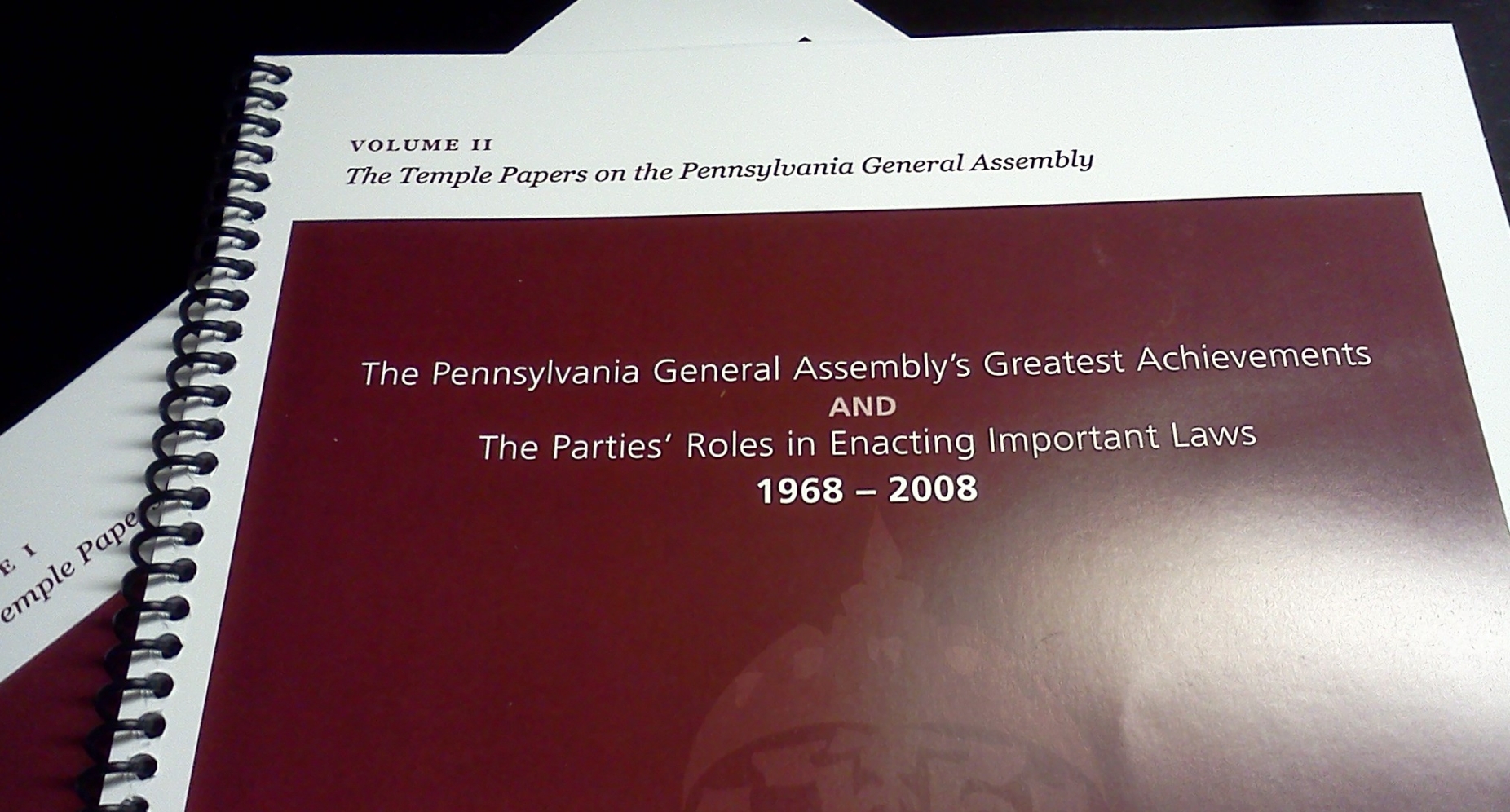Pennsylvania Game Commission Sets Seasons, Bag Limits
Ground hog and coyote kick off hunting season in July and the Pennsylvania Game Commission has set the dates and bag limits for the 2012-13 hunting and trapping seasons. Hunting licenses will go on sale in June.
There are no major broad-based changes, but spokesman Jerry Feaser says there are some added benefits, including an additional day for archery deer in the fall. The board expanded bear hunting opportunities in some urban areas of southwestern and southeastern Pennsylvania to reduce bear human conflicts, and added fall turkey to the Mentored Youth Hunting Program line up.
Feaser says snowshoe hare season has been closed in most of the state for the next hunting season except for three wildlife management units in north central Pennsylvania. He says the species is very dependent on habitat.
The Board of Game Commissioners gave final approval to nearly all of the seasons and bag limits for 2012-13 yesterday, but waterfowl and migratory bird seasons will not be finalized until this summer.
Hunters will receive a digest with all of the information about the seasons, bag limits, arms and ammunition regulations when they buy their license.


